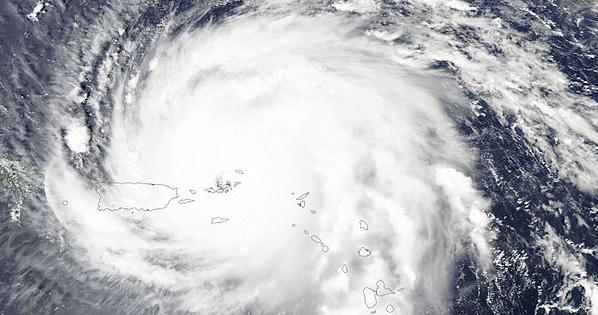Despite the many who still deny the reality of climate change and who undermine the seriousness of the threat to our future, the news is spreading: We are at a very precarious moment in our ecological life.

From the standpoint of Ethics (Christian and otherwise), the question emerges: What is required to address the many and serious problems that confront us in this global, pluralistic world–but a world in which we all have a stake in our ecological health and well-being?
Do we need to develop a universally shared moral foundation? A new shared, moral language? Would it work best for all of us to come together and set aside our religious distinctness, our theological languages, and our particular moral frameworks and adopt a secular framework? Or perhaps one grounded on the most common moral denominators?
Willis Jenkins, in The Future of Ethics, argues that the best approach is not to try to attain a universal moral foundation for creation care. Instead, we need to take a pragmatic approach–one which addresses the particular problems first and worries about theoretical aspects later.
He suggests, wisely in my view, that in a global, pluralist society, we’re better off not trying to deny or minimize the reality of that plurality, but that we should instead utilize that plurality towards trying to constructively solve our problems. So we can look for points of agreement, places where our respective moral, religious, and theological circles might overlap and we can try to capitalize on those places.
Our best chance at constructively confronting our global ecological crisis may not be in trying to convince people to care for “the world” in an abstract sense or even a group of people on the other side of the world in an appeal to responsibility for our “global community” in an impersonal, distant sense.
Rather, our best chance may lie in beginning with the power of proximity and in starting from the tangible, embodied concern for our friends, community, neighbors, as well as for the non-human life that teems around us. However, as Jenkins notes, this focus on proximity cannot stay there. To be a genuinely Christian ethic one’s concern must expand beyond proximity to include the distant–and the neighbor whom one cannot see and with whom we may not share religious, ethical, cultural, or political frameworks.
Practically speaking, the scope of the problem requires that we move beyond proximity to the distant and that our particularities meet up with the different particularities of many others. So Jenkins suggests we should work at “boundary crossing”; that is, going outside of our own moral frameworks and tribal locations and moving into those of others, so as to have better understanding and a better chance at attaining some consensus around how to solve problems. Of course, the goal is not just to attain conceptual consensus, but to actually share energy and effort in dealing with the problems.
To use biblical language, we can work at being better neighbors; not just neighbors with the people nearby, but neighbors with those in our global community whose futures and children’s futures are equally (or perhaps even more so) at stake than ours.
We need what Jenkins calls “cross-border projects that cultivate shared communities,” but this he admits is “the most difficult and most important task for global ethics” (128).
Embracing, rather than denying, pluralism gives us our greatest chance at solving global problems. Jenkins writes,
Assuming pluralism does not concede hapless relativism or intractable parochialism. It assumes that agents are embodied in particular contexts and shaped differently by their respective moral worlds. Emilie Townes argues that interpreting structural evils may in fact require the countermemory and subversive imagination of those who resist cultural homogenization. Ethics needs multiple moral worlds in order to develop meaningful norms of cooperation…
Global ethics need not establish conditions of possibility for abstract agents to occupy the same ground. Global ethics needs creoles of cooperation, and those arise from agents working specific problems, within structures of relation that connect them to other moral worlds and from projects created by people trying to make those relations better.
Developing global ethics from below, I am arguing, stands a better chance of making pluralism productive rather than defeating (176).
Granted, there is one perspective that we might rule out as contributing to this pluralistic approach: The denial of either the scientific reality and seriousness of the problem or the denial of our (human) role in the current and looming crisis. Yet another challenge for Ethics is that of persuading others of the seriousness of the problem. Proximity here, too, is surely the place to begin.
But for this ecological crisis, we need to recognize that pluralism itself is not the problem. In fact, we need all moral hands on deck.
For more posts and discussions of theology and society, like/follow Unsystematic Theology on Facebook











